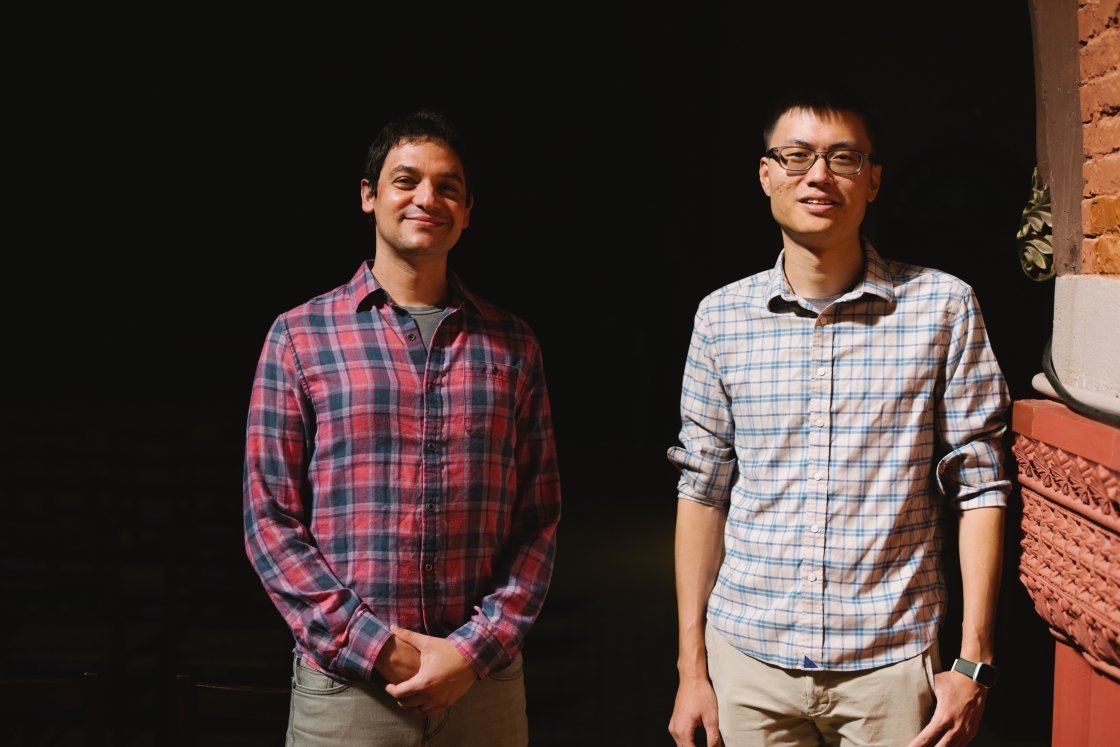January 2, 2018 – Fake news has become part of the news cycle in the U.S. but how does it reinforce one’s political views and what role does social media have in its spread?
A new study by researchers at Dartmouth, Princeton and the University of Exeter examines these very questions by looking at fake news consumption before and directly after the 2016 presidential election. The study also examines if fact-checks are reaching fake news readers.
Through an online survey of 2,525 Americans conducted by YouGov Pulse (Oct. 7 – Nov. 16, 2016), the study examines users’ browsing histories: what they are reading-- fake news vs. hard news; if it has an ideological slant; and how users are accessing such content whether it be via Facebook, Google, Twitter, or email.
Here are some highlights from the study:
- Approximately one in four Americans visited a fake news site during the study period with the highest among pro-Trump supporters visiting pro-Trump content.
- Almost 6 in 10 visits to fake news websites came from the 10 percent of Americans with the most conservative information diets. Sixty-six percent in the most conservative decile visited at least one pro-Trump fake news site.
- Facebook (FB) played a key role in exposing people to fake news. Immediately prior to visiting a fake news site, respondents were disproportionately likely to have visited Facebook as compared to Google or Twitter.
- Almost no one who consumed fake news content also read a fact-check article debunking a false or misleading claim in the article.
The study provides new insight on fake news, how social media may exacerbate online “echo chambers” or selective exposure to misinformation, and how fact-checks may not be reaching the fake news audience.
Study co-author Brendan Nyhan, a professor of government at Dartmouth and contributor to The Upshot at The New York Times, is available for comment at: brendan.j.nyhan@dartmouth.edu. Andrew Guess at Princeton University and Jason Reifler at the University of Exeter also served as co-authors of the study.

